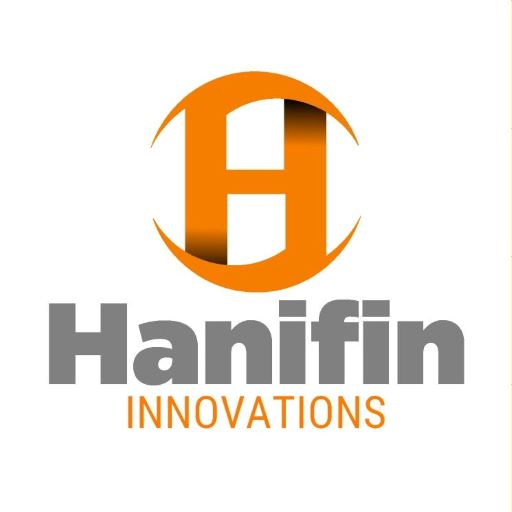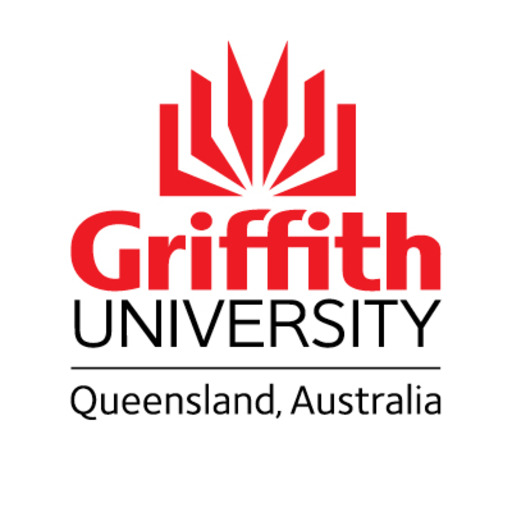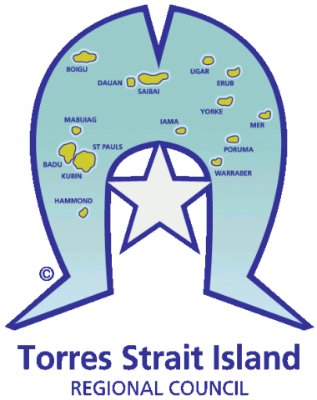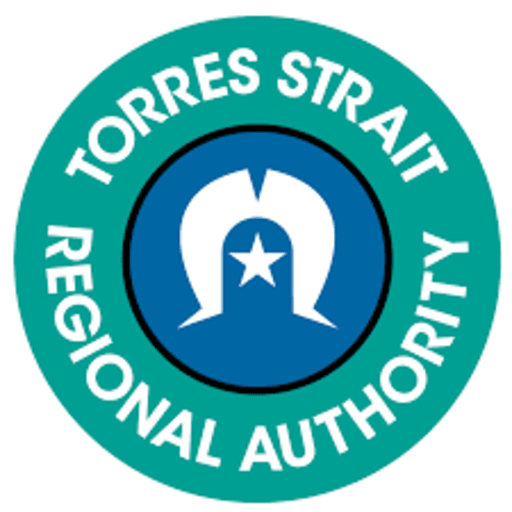Water management in the Torres Strait
Water use in Torres Strait Island communities can significantly outstrip supply on many islands (Beal et al 2018; Beal et al 2020). Due to high water usage, desalination systems are frequently used to generate sufficient drinking water on the islands. These systems are energy intensive and expensive to run, particularly in off-grid communities which rely on diesel energy, often shipped in by rail, road train or barge. Considering water supply management challenges, and environmental concerns, water demand management is a cost-effective solution to reducing water and water-related energy consumption in remote and isolated communities.
Results from research collaborations with TSIRC, TSRA, and Queensland Government from an ARC Linkage and Queensland Mid Career fellowship project (RICES) showed that culturally and socially appropriate education and engagement strategies were likely to be at least as effective as the more prescriptive demand management strategies (such as water restrictions and fines). When asked to rank preferred community-based demand management strategies, the participants said that initiatives aimed at increasing waterwise awareness in children on the island is essential for effective change (Beal et al 2019).
Aunty Mati: The Water-Saving Superhero
This book’s message focuses on how saving water is an important part of Caring for Country and can start from a young age. Kura’s adventures take place on one of the many islands in Zenadth Kes (Torres Strait).
This book is aimed at Primary School children to start a fun conversation about the importance of being water-efficient in their communities.
Saving water is an important part of Caring for Country and can start from a young age. Children might even enjoy reminding their parents, aunties, uncles and grandparents to practice water saving behaviours!
The Indigenous Community Water Project
The Indigenous Community Water (2021-2022) project was launched to raise awareness through community education among children in local communities of the Torres Strait to learn about good water management.
Four local Indigenous communities across island, arid and coastal areas in Northern Australia participated. Educational opportunities focused on community-led discussions and education sessions around water demand and effective management, as well as socio-culturally appropriate water efficient approaches and strategies.
When the project ended, a children’s book was published to further promote engagement amongst children and within schools regarding water management.
Torres Strait water use
Within Torres Strait Island Indigenous communities, water is used for cooling, cleaning, significant social and cultural activities, health, and Sorry Business. In the Torres Strait, water can be used in high volumes, over one thousand litres of water per household per day.
Everyday use involved cleaning and dust suppression due to the many unsealed roads, as well as cooling living spaces, gardens, and new developments. hunting, fishing, washing of equipment, water for horses/pets, and water play for children.
Torres Strait Community Outreach
Throughout 2021 and 2022, the Griffith University team worked with Indigenous Councils and organisations (TSIRC/TSRA) and Sustainability Officers to implement strategies and build capacity within local communities for effective water management. School-based community education focused on water efficiency, outdoor water use, water security, and good water management. Children discussed the importance of water security and water equity for future generations.
Book launches, community, and school-based events
This book was officially launched across 2021 and 2022 in the Torres Strait with school children, water officers, elders and Council members. Elders shared their experiences and wisdom. The book was read at events and the book’s cultural advisor also read to children at school. Water officers spoke on the importance of water use. The key message in the book was that water is a precious resource for healthy country and healthy homes.
Community Impact
The book is available within all the 15 regional councils, as well as school libraries in the Torres Strait, within the Cape communities, and further Indigenous areas of rural Far North Queensland.
Acknowledgements
Thank you to Andrew Hanifin for the original text and ideas, Edwin and Regina Turner from Panipan Designs for illustrations and cultural review, and Iain Anderson from Fun with Stuff for graphic design and publishing support.
Funding was provided by Griffith University through the
- Cities Research Institute
- Climate Action Beacon and
- Industry and External Engagement Office
Contact us
If you would like to support us or have more questions about this project





